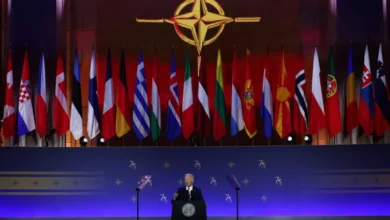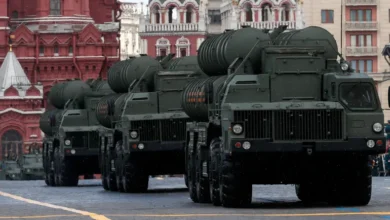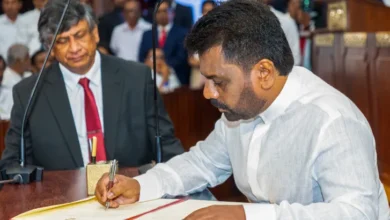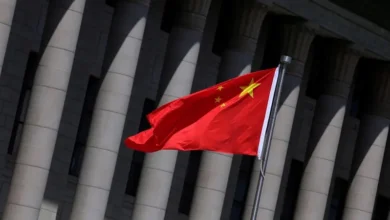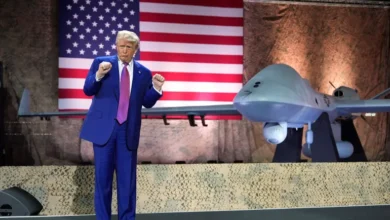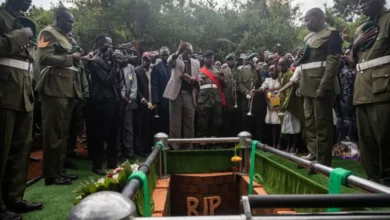India arrests four accused of recruiting for Russian military

Indian authorities have arrested four people accused of “trafficking” citizens of the country to fight for the Russian army in Ukraine.
Two years since Russia’s invasion began, tens of thousands of its soldiers have been killed in Ukraine and Moscow has been on a global quest for more troops.
At least two Indian soldiers have been killed in the conflict, with several recruits said that they were shipped to the frontlines under false pretences.
A statement published by the Central Bureau of Investigation (CBI) late Tuesday said four men had been arrested, including one who had worked in Russia as a translator for a network facilitating the recruitment of Indian soldiers.
“Investigation is continuing against other accused persons who are part of this international network of human traffickers,” the statement added.
The arrests come two months after the investigators conducted raids across 13 locations in India and detained several people for questioning.
The CBI said then that it had found at least 35 instances of Indians being sent to Russia.
India’s foreign ministry had earlier said it was working to secure discharges for around 20 Indian nationals in the Russian army.
Several Indian recruits said in February that they were lured into joining up by promises of high salaries and Russian passports before being shipped to the frontlines.
The soldiers said they had been promised non-combatant roles but were trained to use Kalashnikov assault rifles and other weapons before being sent to Ukraine.
Russia’s army held off a much-hyped Ukrainian counter-offensive last year, and it has since made gains on the front lines as Kyiv struggles with ammunition and manpower shortages.
India is a longstanding ally of Russia and has shied away from explicit condemnation of the invasion of Ukraine.
Unemployment remains high in India despite rapid economic growth and huge numbers seek work abroad each year, including thousands who had sought employment in Israel after labor shortages sparked by the war against Palestinian militants in Gaza.

